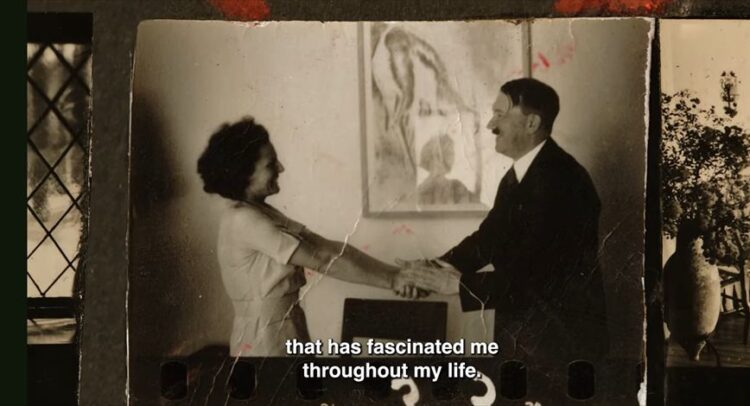A stunning new trailer has been released for Riefenstahl, a documentary that dismantles the carefully constructed web of lies spun by Leni Riefenstahl, Adolf Hitler’s favored filmmaker, who created powerful propaganda for the Nazi regime and spent the rest of her life denying her past.
The film, from director Andres Veiel, was produced with unprecedented access to Riefenstahl’s personal archives, utilizing previously unreleased materials to expose her deep, unwavering ties to National Socialism. Kino Lorber is set to distribute the film, with a theatrical release scheduled for September 5, 2025, in New York and September 12 in Los Angeles, followed by a national rollout.
目次
A Tainted Legacy in Film History
Leni Riefenstahl (1902-2003) remains a subject of study in film schools worldwide for her revolutionary aesthetic. Her 1935 film Triumph of the Will, documenting the Nuremberg Rally, is a masterclass in cinematic manipulation, deifying Hitler and portraying 700,000 Nazi party members in geometric, awe-inspiring formations. Its powerful imagery has left a lasting impact on cinema, famously influencing the final scene of Star Wars.
Similarly, her 1938 film Olympia, which chronicled the 1936 Berlin Olympics, pioneered many techniques now standard in sports broadcasting, such as slow-motion and tracking shots, earning its place as a landmark of the genre. However, the context of these films as Nazi propaganda has kept them at the center of a persistent ethical debate: can one separate the art from the artist?
Documentary Reveals a “Devout Nazi Follower”
After the war, Riefenstahl consistently maintained that she was not a “follower” of the Nazis but merely a “sympathizer” caught in the tide of history. She publicly claimed to have never even read Hitler’s manifesto, Mein Kampf.
Andres Veiel’s Riefenstahl persuasively refutes these claims using the filmmaker’s own records. The documentary presents evidence that she had indeed read Mein Kampf and reveals that she maintained intimate relationships with Nazi remnants long after the war. It further suggests she accompanied the Wehrmacht during the invasion of Poland and may have witnessed the massacre of Jews, fundamentally dismantling her lifelong defense that she “knew nothing” of the regime’s atrocities.
A Warning for Modern Society
The documentary also draws a chilling parallel between Riefenstahl’s aesthetic and our contemporary world. She was consistently obsessed with “surface” and “beauty,” detached from context or deeper meaning. This attitude resonates with today’s Instagram culture, where visual appeal is often pursued at the expense of substance.
Riefenstahl poses a sharp question: “Is a fixation on the superficial the very essence of what fascism demands?” By examining the life and work of its subject, the film serves as an essential documentary, highlighting the perils we face today when image is prized above all else.

